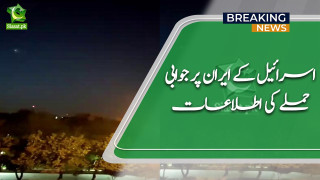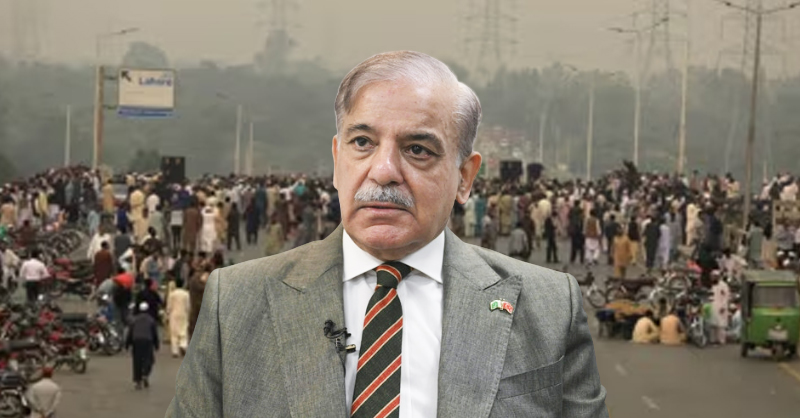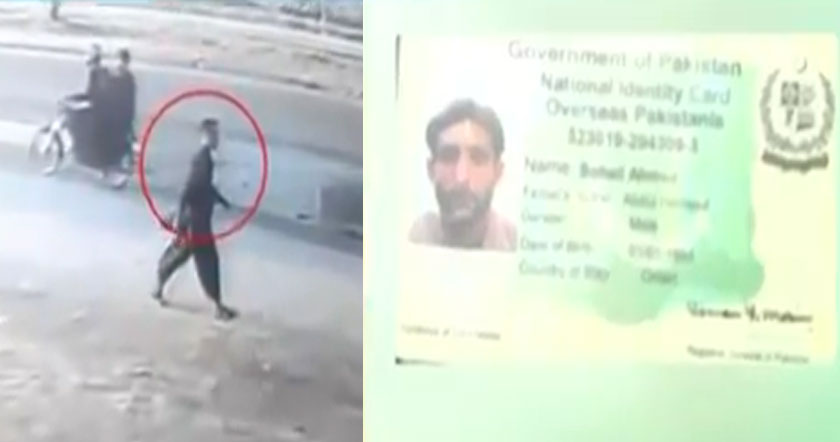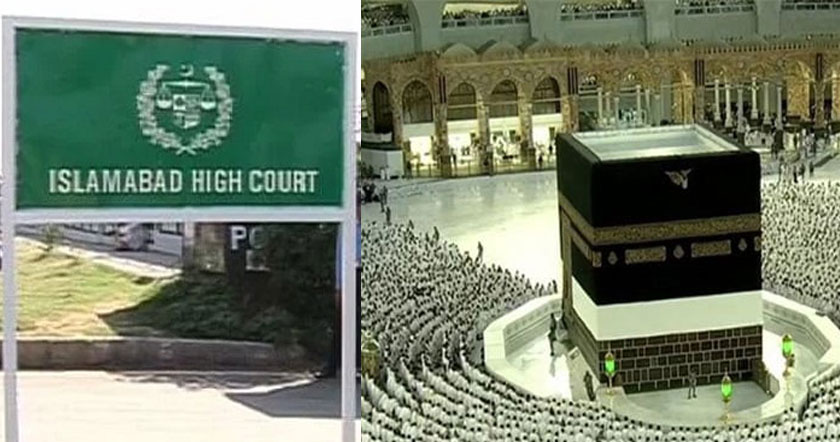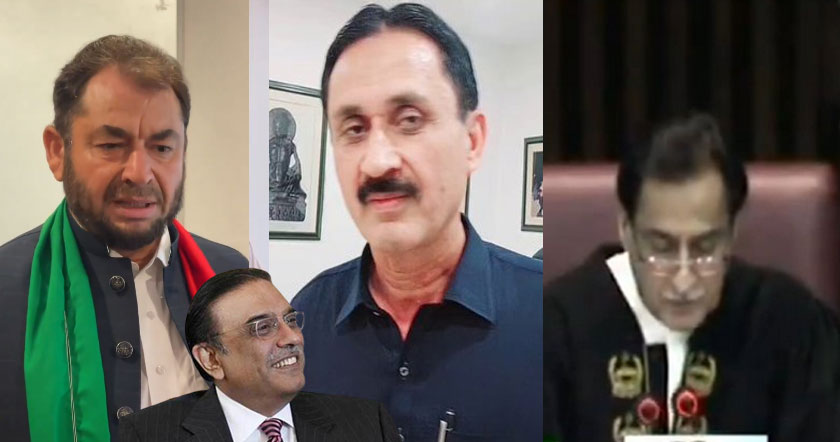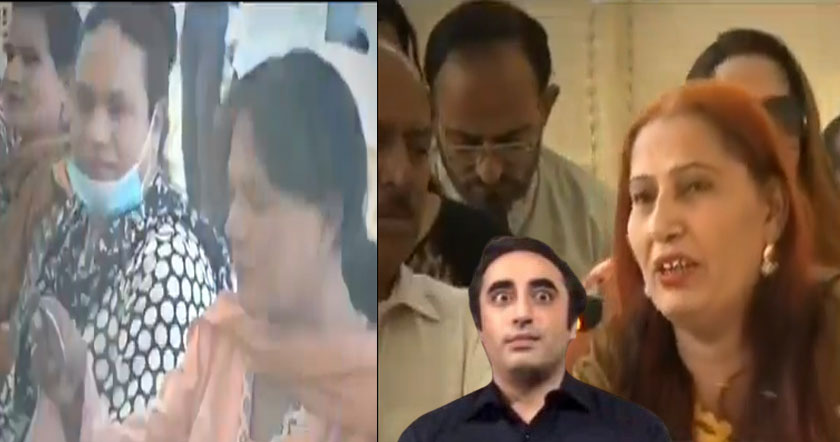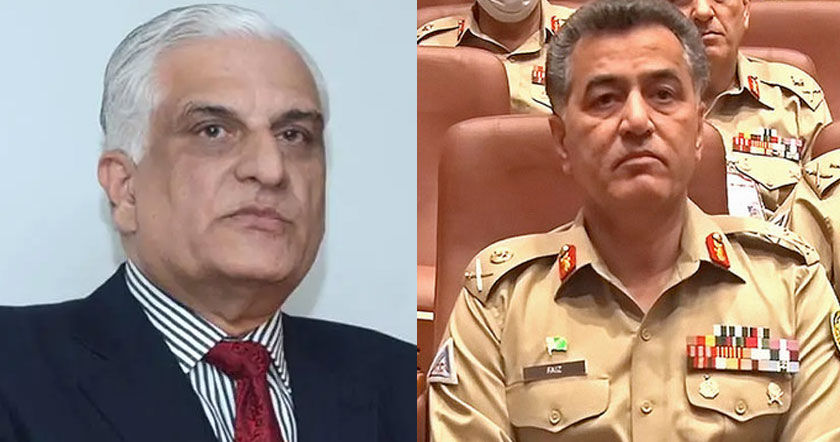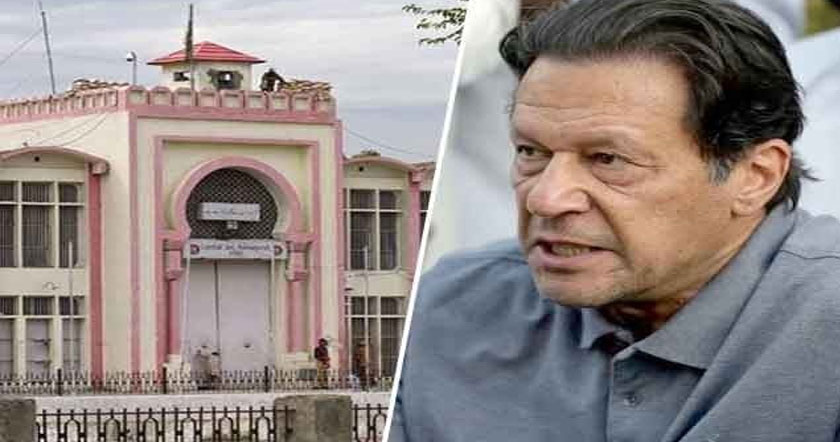Dawn, a widely-read daily, also took on the government. It said a recent avalanche of attacks killing more than 160 people has opened the flood gates to a widening guerrilla war in Pakistan that the government has no strategy to counter, analysts say.
Taliban and Al Qaeda-linked militants are striking deeper than ever inside the nation of 167 million, exacerbating US security fears as the war deteriorates across the border in Afghanistan.
Coordinated assaults on Thursday against police in the cities of Lahore and Kohat came five days after a siege at the headquarters of Pakistan's military, escalating a two-year campaign of bombings that have killed 2,250 people.
'They are involved in guerrilla war. First they were active in NWFP (North West Frontier Province), now they are engaged in Punjab. They are terrorists paid to destabilise Pakistan,' said Interior Minister Rehman Malik.
Despite an anticipated offensive against the Taliban in Pakistan's tribal belt on the Afghan border, attention has also fallen on militants operating hundreds of kilometres away in the political heartland Punjab.
'We are not ready to accept the reality that militancy is on the rise in Punjab... They are now working in collaboration with the Taliban to challenge the state,' said security analyst Hasan Askari.
The string of attacks since October 5 proves the limited impact of a traditional military offensive in the northwest district of Swat and the killing of Baitullah Mehsud, the Pakistani Taliban chief, in a US missile attack.
Analysts believe the Taliban and their allies have overcome the infighting about Mehsud's succession -- won by Hakimullah Mehsud -- and are bent on thwarting a widely expected ground operation in South Waziristan.
Warplanes pounded suspected Taliban targets in the region on Thursday but launching a ground offensive could ensnare the authorities in a catch-22 situation in which militant attacks merely escalate.
'These incidents are a warning to the government and the agencies that they should refrain from an operation against them. If the government still goes for an operation then these attacks can continue,' said Askari.
Tens of thousands of people have fled ahead of an expected offensive, but critics accuse the government of failing to formulate any strategy to counter militants -- both in Punjab and in the tribal belt.
'The government does not seem to be ready to go into an offensive,' said tribal affairs expert Rahimullah Yousafzai.
'The government is on the defensive. It does not seem to have evolved any long or short-term strategy to counter (the attacks),' he added.
Pakistan's military lacks vital air assets and equipment that have seen western analysts question its ability to fight a sustained and effective counter-insurgency campaign on mountainous terrain against a hardened enemy.
While the long-term efficacy of military operations against Taliban strongholds in the tribal belt and parts of the northwest is questionable, such operations would be impossible in populated areas of southern Punjab.
Pakistan's civilian government has recently weathered a storm of controversy over fears that a record US aid bill of 7.5 billion dollars would handicap its sovereignty while the attacks have brought renewed US focus on Pakistan.
Following an attack on the army headquarters, Secretary of State Hillary Clinton warned against an 'increasing' threat to the state, but voiced confidence Islamabad was in control of its nuclear arsenal.
'The militants want to destabilise the country and want the government to collapse,' Ayesha Siddiqua, a Pakistani security analyst, told AFP.
'The government is in a state of denial... Al Qaeda and Taliban have been penetrating their influence in the Punjab and now it is high time for the government and our forces to realise this danger,' she added.
Taliban and Al Qaeda-linked militants are striking deeper than ever inside the nation of 167 million, exacerbating US security fears as the war deteriorates across the border in Afghanistan.
Coordinated assaults on Thursday against police in the cities of Lahore and Kohat came five days after a siege at the headquarters of Pakistan's military, escalating a two-year campaign of bombings that have killed 2,250 people.
'They are involved in guerrilla war. First they were active in NWFP (North West Frontier Province), now they are engaged in Punjab. They are terrorists paid to destabilise Pakistan,' said Interior Minister Rehman Malik.
Despite an anticipated offensive against the Taliban in Pakistan's tribal belt on the Afghan border, attention has also fallen on militants operating hundreds of kilometres away in the political heartland Punjab.
'We are not ready to accept the reality that militancy is on the rise in Punjab... They are now working in collaboration with the Taliban to challenge the state,' said security analyst Hasan Askari.
The string of attacks since October 5 proves the limited impact of a traditional military offensive in the northwest district of Swat and the killing of Baitullah Mehsud, the Pakistani Taliban chief, in a US missile attack.
Analysts believe the Taliban and their allies have overcome the infighting about Mehsud's succession -- won by Hakimullah Mehsud -- and are bent on thwarting a widely expected ground operation in South Waziristan.
Warplanes pounded suspected Taliban targets in the region on Thursday but launching a ground offensive could ensnare the authorities in a catch-22 situation in which militant attacks merely escalate.
'These incidents are a warning to the government and the agencies that they should refrain from an operation against them. If the government still goes for an operation then these attacks can continue,' said Askari.
Tens of thousands of people have fled ahead of an expected offensive, but critics accuse the government of failing to formulate any strategy to counter militants -- both in Punjab and in the tribal belt.
'The government does not seem to be ready to go into an offensive,' said tribal affairs expert Rahimullah Yousafzai.
'The government is on the defensive. It does not seem to have evolved any long or short-term strategy to counter (the attacks),' he added.
Pakistan's military lacks vital air assets and equipment that have seen western analysts question its ability to fight a sustained and effective counter-insurgency campaign on mountainous terrain against a hardened enemy.
While the long-term efficacy of military operations against Taliban strongholds in the tribal belt and parts of the northwest is questionable, such operations would be impossible in populated areas of southern Punjab.
Pakistan's civilian government has recently weathered a storm of controversy over fears that a record US aid bill of 7.5 billion dollars would handicap its sovereignty while the attacks have brought renewed US focus on Pakistan.
Following an attack on the army headquarters, Secretary of State Hillary Clinton warned against an 'increasing' threat to the state, but voiced confidence Islamabad was in control of its nuclear arsenal.
'The militants want to destabilise the country and want the government to collapse,' Ayesha Siddiqua, a Pakistani security analyst, told AFP.
'The government is in a state of denial... Al Qaeda and Taliban have been penetrating their influence in the Punjab and now it is high time for the government and our forces to realise this danger,' she added.














